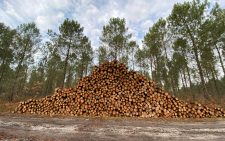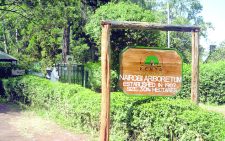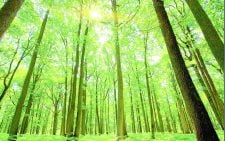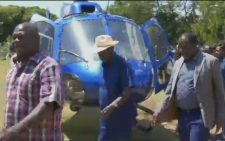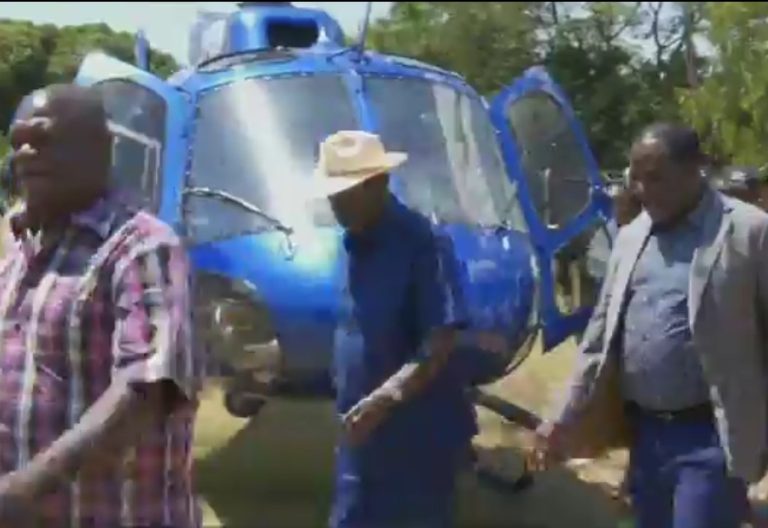Kaya leaders urge State to incorporate forests in plans
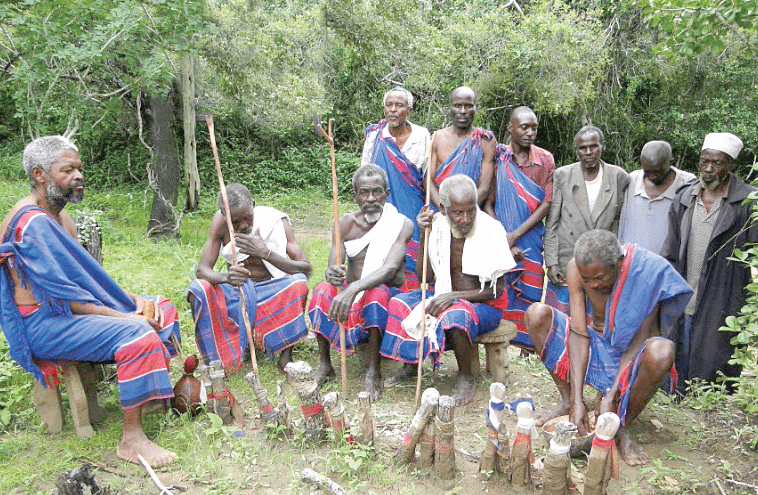
A section of Kaya elders in Kwale County has urged the government to incorporate Kaya forests in its plan to buy land from absentee landlords to resolve historical land injustices and the persistent squatter issue.
This call follows President William Ruto’s Mashujaa Day announcement on October 20 that his administration has allocated Sh1.5 billion to address land problems in the Coast region as part of his election pledges.
The President’s plan aims to alleviate land ownership challenges that have plagued the region for decades.
The Kaya elders, led by Hamisi Mwajao, said the Kaya forests play a critical role in preserving the culture and environment of the coastal communities.
He lamented that the sacred forests, despite holding deep spiritual and historical value, have been endangered by land grabbing and encroachment by private developers.
Mwajao noted that the most affected Kayas are those located on prime land along the coastal strip from Vanga to Lamu, including Kaya Tiwi, Diani, Waa, and others, which have been severely impacted by land grabbing.
He made the remarks during the celebration of 721 years of Kaya Tiwi forest in Tiwi, Matuga sub-county.
Mwajao said that the government must prioritize freeing grabbed Kaya forest lands and returning them to the communities.
“Kaya forests are not just a source of cultural heritage but also vital for environmental conservation. By restoring these lands to their rightful custodians, we protect our history, traditions, and biodiversity,” said Mwajao.
Mwajao said that incorporating Kaya forests into the government’s land redistribution efforts would address multiple issues simultaneously restoring justice to the community, preserving their heritage, and combating environmental degradation.
He noted that the squatter problem continues to be a major challenge for communities in Kwale and other coastal counties.
Mwajao said the land issue stems from historical injustices, where land grabbers during previous regimes allocated themselves vast tracts of land and have since continued to encroach on additional community lands, exacerbating the situation and rendering Indigenous people homeless.
Land grabbing
He said that the president’s commitment to addressing land grabbing has sparked hope among many affected communities.
Mwajao said residents are optimistic that the government will honor its promise to safeguard sacred lands for future generations while also tackling the broader issue of landlessness in the Coast region.
Ali Mwachangu expressed concern over the destruction of a significant portion of gazetted Kaya forests in the Coast region.
He said that unscrupulous developers have been cutting down indigenous trees, leading to extensive environmental damage and the displacement of wildlife that inhabit the sacred kaya forests.
The Kaya elder noted that the destruction of Kaya forests has hugely contributed to climate change and led to the extinction of some indigenous tree species.
He stressed the need for urgent action to protect the sacred forests to preserve biodiversity and mitigate environmental degradation.
Mwachangu condemned the audacity of unknown individuals falsely claiming ownership of gazetted Kaya forests and public lands.
He described the situation as shameful and deeply troubling, noting that it has inflicted immense suffering on residents who are left homeless as bulldozers forcefully evict them from their ancestral lands in the middle of the night.
